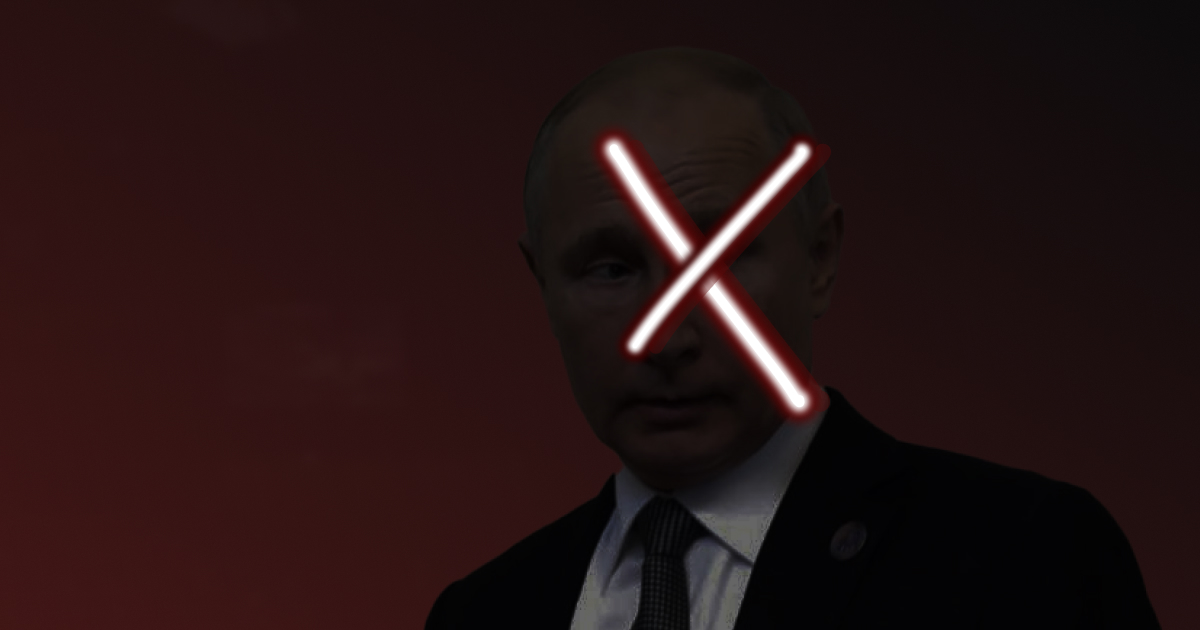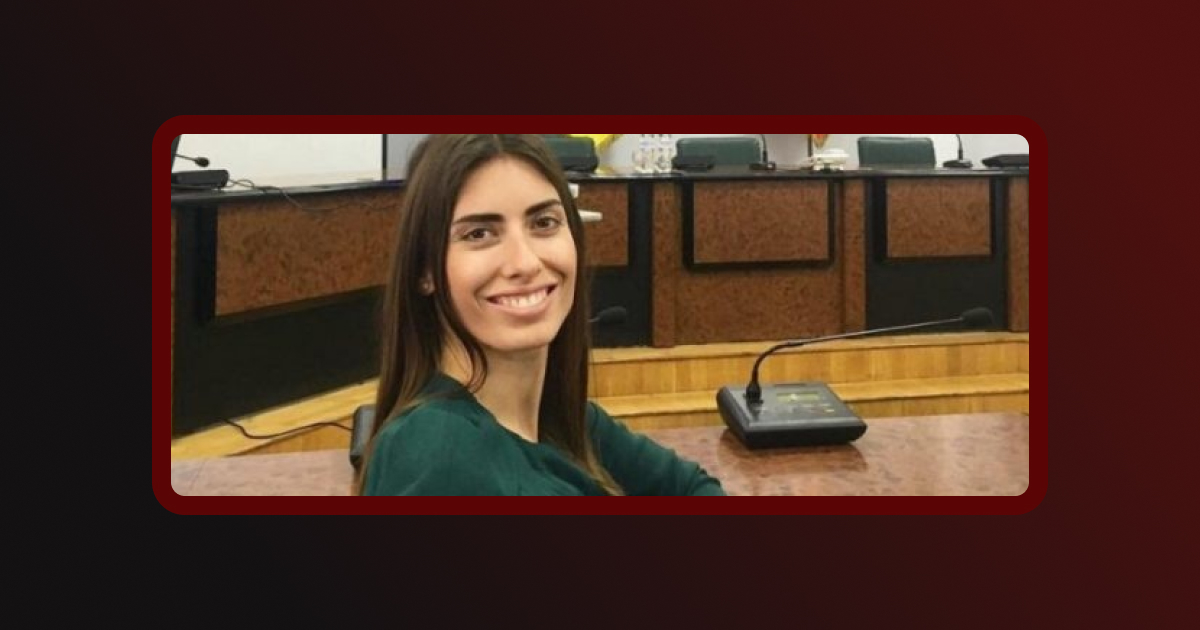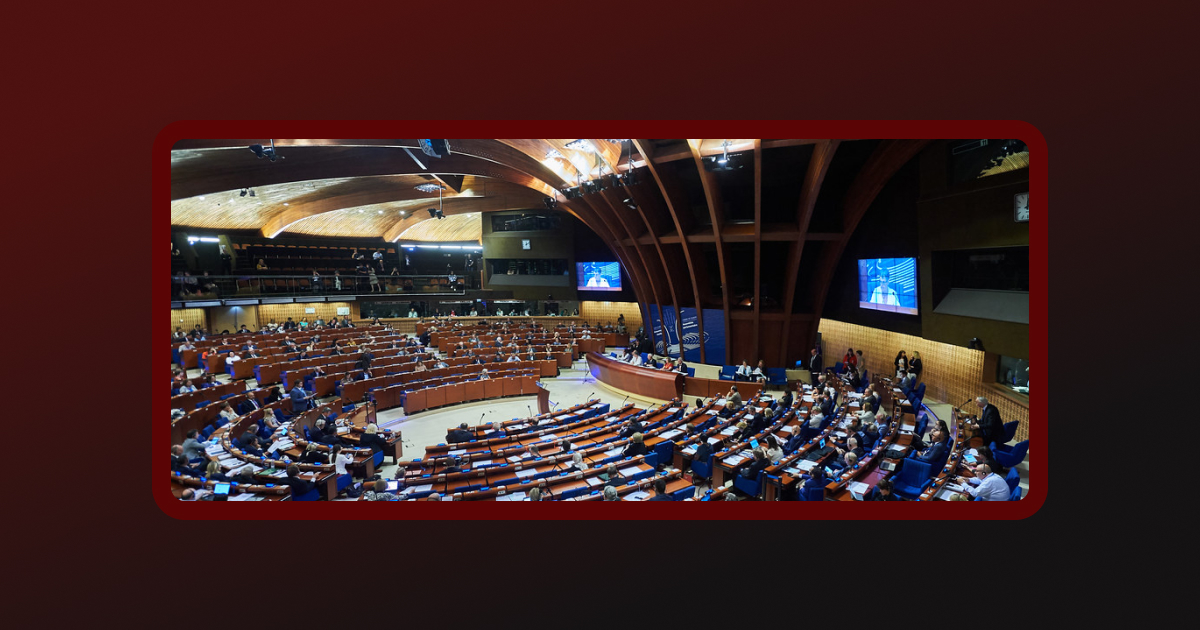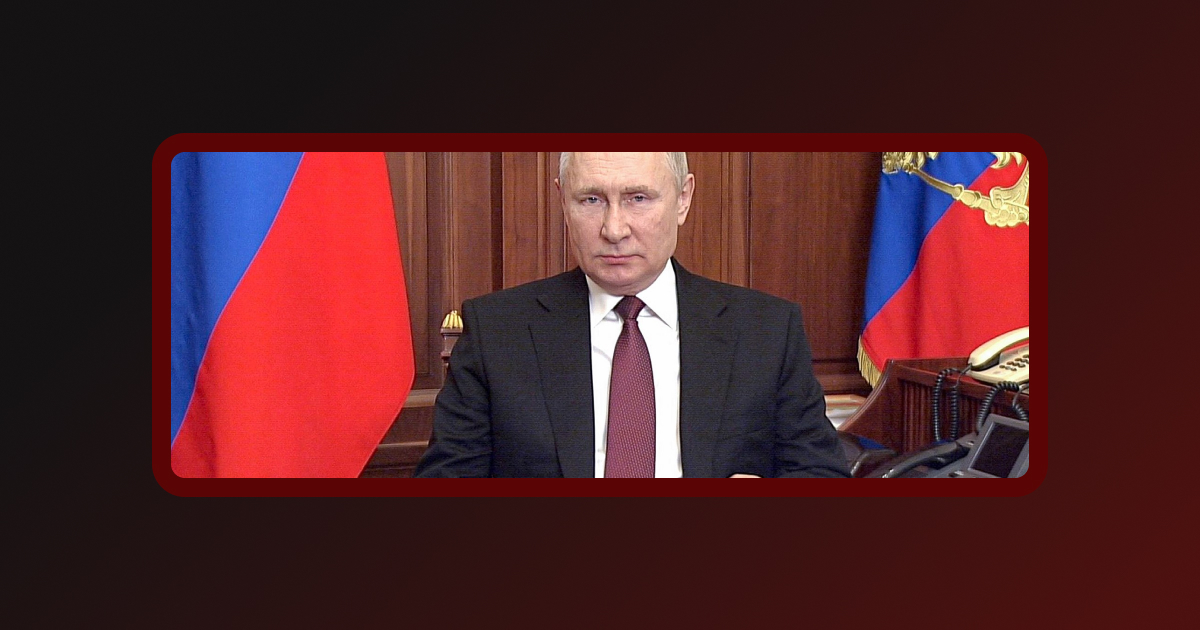PACE's decision not to recognise Vladimir Putin as the legitimate president of Russia

The Parliamentary Assembly of the Council of Europe is one of the two bodies of the Council of Europe responsible for supporting human rights, democracy and the rule of law. It is composed of members elected from the parliaments of the Council of Europe member states. The Assembly issues resolutions to member states calling on them to ensure human rights in their countries and investigates human rights violations in each of these states.
In October, the PACE adopted a resolution recognising Russian President Vladimir Putin as illegitimate and called on member states to cut off all contacts with him, except for humanitarian ones. We explain what this means for Ukraine in this material.
PACE decision
On October 13, the Parliamentary Assembly of the Council of Europe adopted a resolution recognising Vladimir Putin's government as illegitimate and supporting the establishment of a Special International Criminal Tribunal. All PACE members voted unanimously in favour of the resolution.
In the document, the PACE called on the Council of Europe member states to "recognise Putin as illegitimate" and to stop all contacts with him, except for humanitarian ones. The Assembly explained that Putin has been in power in Russia since 2000, and in order to maintain it, he violates the country's constitution.

The Assembly also supported the creation of a tribunal to "bring to justice the Russian leadership, including Putin". The list of crimes included the illegal occupation of Crimea, the war in the East and he shooting down of Boeing flight MH17.
"The creation of a Special Tribunal for the crime of aggression is one of the points of Zelenskyy's peace plan. It (the crime of aggression — ed.) was planned and committed by the highest political and military leadership of Russia. Aggression as a crime must be punished at the highest level," says Maria Mezentseva, MP and Chairperson of the Ukrainian delegation to PACE.
The Ukrainian delegation positively assesses the support for the international format of the tribunal and the PACE's call to decide on the format and participants as soon as possible, notes Maria Mezentseva.
What does this decision mean for Ukraine?
The Assembly's resolutions and recommendations are not mandatory. However, they can affect decision-making at the national level of other states, which may implement the Assembly's conclusions in their legislation. This could potentially lead to the isolation of the Russian political leadership.
For example, in October 2022, the PACE recognised the Russian government as a "terrorist regime". Similar decisions were then made by Estonia, Poland, the Czech Republic, the Netherlands, Slovakia, and the European Parliament. Before that, Lithuania and Latvia.
According to Mezentseva, the PACE meeting that preceded the adoption of the resolution on Putin was devoted to urgent situations in the world's security sector due to the events in Nagorno-Karabakh, Israel and the war against Ukraine.

This decision is also important ahead of the presidential elections in Russia in 2024. The political leadership will try to consolidate the occupation of some parts of Ukraine. For Ukraine, it is important that foreign countries do not recognise both the results of the elections in the temporarily occupied territories and Putin's re-election as president of Russia.
"This is the first decision of such a wide range of respected countries for Ukraine. I think it will be copied by other structures, such as the NATO Parliamentary Assembly, the OSCE Parliamentary Assembly, etc. The PACE was the first to call Putin's regime a terrorist regime, and so I want to note that this is happening only thanks to the Defence Forces. This is the part that concerns sustainable peace in Ukraine and security in Europe," says the Chairperson of the Ukrainian delegation to PACE.
The designation of the regime in Russia as a threat will also have an impact on future decisions regarding contacts with Russia and its political leadership, Mezentseva said.
Consequences of the decision for Russia
In 2019, the PACE supported a resolution on complicating the procedure for applying sanctions against countries. This allowed Russia to return to the Assembly's meetings and participate in the voting and work of the Council of Europe's governing bodies. Russia lost this opportunity in 2014 after its membership was suspended and sanctions were applied as a result of the occupation of Crimea.
At that time, the Ukrainian delegation was not listened to and took this step to "influence Russia". French President Emmanuel Macron stated that it was important to retain the Russian delegation to allow Russians to file lawsuits against their state under the Human Rights Convention.
Already in 2022, after the start of the full-scale invasion, Russia's membership was suspended again. Russia itself announced its withdrawal from PACE to avoid expulsion. This decision was symbolic, as the example of Greece, which left the Council of Europe in 1969, shows that a self-declared withdrawal leaves room for a simplified return procedure. Instead, expulsion by decision of member states does not provide such a procedure.

In October last year, PACE adopted a resolution recognising the Russian government as a "terrorist regime" because of its invasions of Ukraine and the Sakartvelo (Georgia), as well as the Russian Duma's vote to occupy Crimea. At the time, the Assembly also called for "consideration of Russia's seat on the UN Security Council". A year later, in October 2023, PACE recognised Putin as an illegitimate president.
"Putin is preparing for another election, so the fact that 46 representatives of European parliaments recognised his illegitimacy is a significant step towards ensuring that no one will consider his next term as serious and legitimate," says Maria Mezentseva.


